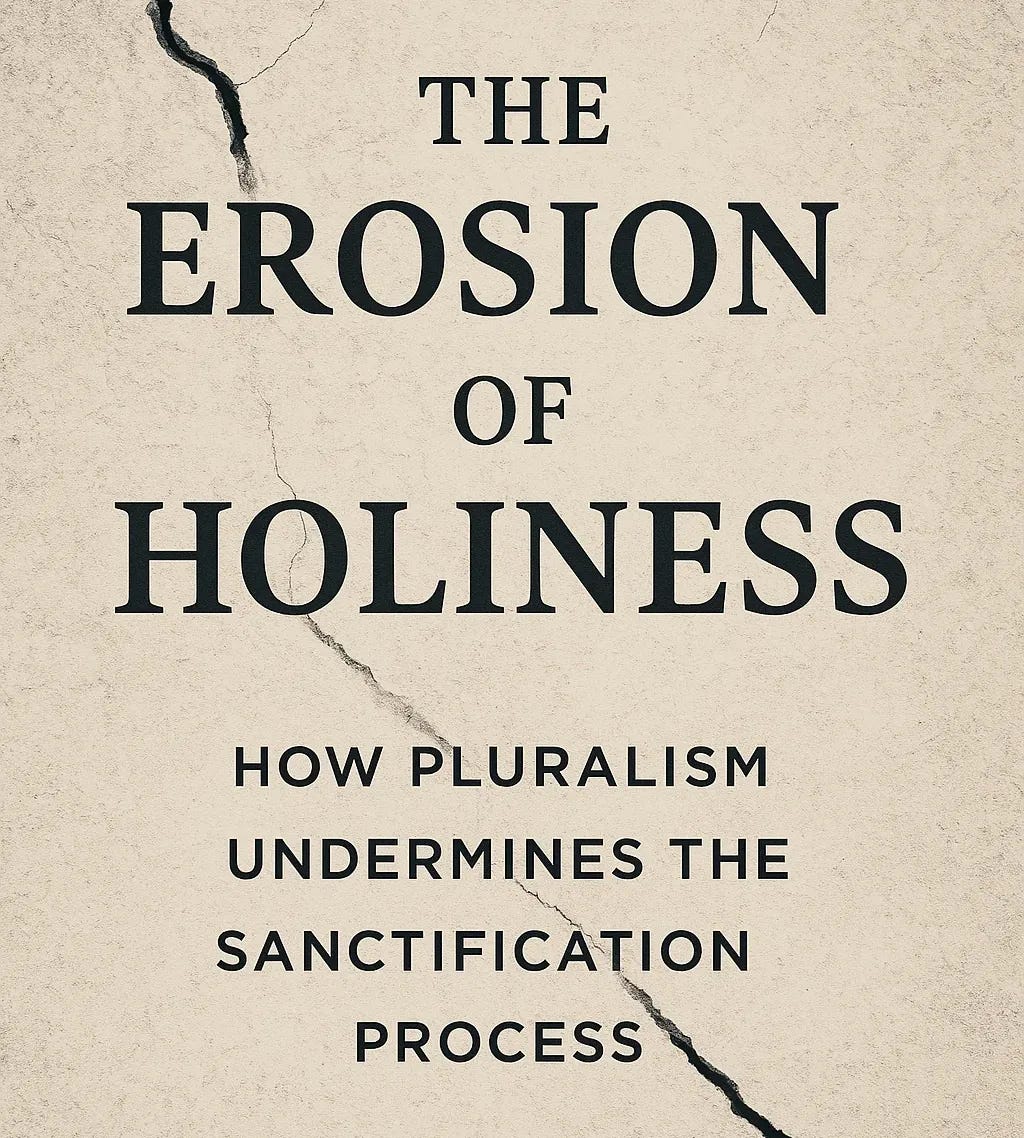I recently gave a talk at the Far West Regional Evangelical Theological Society conference. This is not the full presentation, but a further distillation of some of my thoughts.
Pluralism is good when it comes to food, but not so good when it comes to truth.
To see why, consider this: all ideas are not equal. They should be judged by the reality they produce. Pol Pot’s idea to take Cambodia back to the Stone Age is not the equivalence of democracy and debate.
Likewise, all cultures are not equal; how a culture views its children is a predictor of its longevity or collapse. American culture increasingly views children as being unnecessary or even a nuisance (this mirrors Ancient Near Eastern ideas about children), while Christianity teaches that children should be numerous and are a blessing.
In the same way, all religions are not equal. The Incan’s religious views directly led to the death of thousands and to their extinction. Marxism–yes, it is a religious view–led to the death of 200M+ people and the continues to propagate its destructive ideas.
Having established the danger of pluralism in truth, we must now consider its more subtle effects: the privatization of faith.
The sheer ubiquity of ultimate truth claims in our culture makes Christianity seem implausible by comparison. This, in part, leads to a burgeoning apologetics complex within Christianity. A growing apologetics complex may be a sign that Christianity has become increasingly implausible in the minds of people, especially when one considers Christianity’s role in the founding of our country.
Notice: there is no corresponding atheism and skepticism complex. Perhaps that is because they are presumed to be more reasonable–or at least more plausible–by default. This is not to diminish the need for apologetics. It simply highlights that the rise of apologetics may reflect Christianity’s perceived decline in implausibility.
Beyond that, the multitude of competing ideas leads to what some scholars call the “buffered self” or what we might call “bubble-wrapped Christians (BWC).” Both represent a view in full retreat. BWC’s reason that privatizing their faith protects it. One might say, “it is impolite to be open about my faith,” another might think, “I need to protect my faith from ideas,” avoiding engagement altogether.
Our Churches sometimes reinforce this posture, presenting themselves as peaceful harbors amidst the cultural storm. But a harbor is meant for repair and resupply–not permanent residence. Ships are made to be on the sea and to weather storms.
If we fail to grasp this, we implicitly concede the public square to other worldviews. We leave the field open for bad ideas to win by default. Without active Christian witness, secular and hostile ideologies thrive uncontested.
How should we respond?
This question points us forward– and fleshing this out will likely be the emphasis of my dissertation. For now, here are a few suggestions that emphasize aspects of the sanctification process which in my view stops pluralism’s erosion of holiness.
First, stop telling people that they’ve been discipled. Tell them that they are disciples. This change shifts the mindset from seeing discipleship as a completed event to embracing it as a lifelong process.
Second, engage in worldview training. If you preach, weave worldview concepts into your sermons. Contrast outcomes. Evaluate results. Help people see what it means to be and live in the world. This directly challenges the world’s system which seeks to press people into its mold (Rom 12:2).
Third, re-emphasize our need to be in live, embodied relationships with one another. This may mean reconsidering how we use online broadcasts. Online are valuable for shut-ins, travelers, or for people who miss Church. But increasingly, they used by those who wish to skip the biblical charge to gather together. I am not suggesting that you abandon an online presence altogether. I am saying being online is not an unqualified good.
Finally, stop thinking in terms of the moment. Start thinking in terms of eternity. Let me illustrate. Next year I am going to Greece. I know the trip will have a lot of walking. It will be hot. It will be costly. How should I prepare? It would be wise to start a walking regimen, to save money, to get used to the heat, to buy good walking shoes, and visit the doctor. It would be even better to involve my wife so that we prepare well together.
This is exactly how we should prepare for heaven right now.
I will let you extrapolate out what that might look like. But if everything we do isn’t helping us think about eternity, prepare ourselves, take others with us, in some way help us think about, prepare ourselves, take others with us, strengthen our relationships with one another, and deepen our relationship with God... pray tell... what the heck are we doing?





Good word brother.
Worldview is everything.